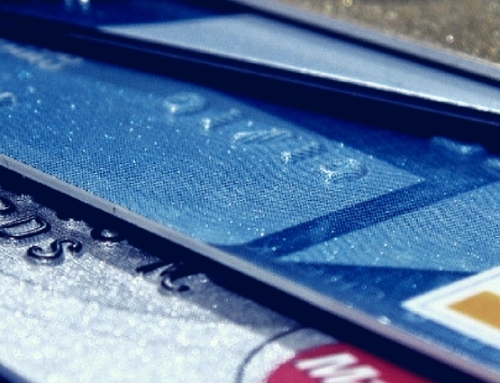Debt. It’s a word that strikes fear into the hearts of some, while others use debt to their advantage in the purchase of long-term investments. If you take on too much debt, one way in which you can alleviate your payments and have more control over your monthly expenses is to consolidate.
Typically the amount of consolidation loan that you’ll be approved for is based on your income and expenses. Most financial institutions will allow for a consolidation loan with a monthly payment not to exceed 50% of your gross income on an unsecured basis. If the economy is in a boom and interest rates are low, it’s possible that this rule of thumb may be more flexible, but that is the standard. If you require more money than the lender would allow, it may still be possible using tangible assets as security against the loan. If you own such tangible assets (like a boat, an RV or a cottage) or if you own a piece of property, it all can be used to increase the amount of your loan and decrease the cost of borrowing.
One of the biggest strengths of this type of setup that people will immediately notice is that they’ve swapped several, often confusing loans for a simple single payment every month. Instead of making several payments to cover multiple credit cards or credit accounts and making sure you’ve remembered the correct balances and minimum payments on each one, you have got a single payment that is likely far easier to remember & manage. You won’t have to worry about which loan to pay off first or which one might have been missed. You simply have to focus on the same payment every month and keep it going until it’s been paid off.
Often a consolidation debt will offer a lower interest rate than that of a credit card. It’s hard to get ahead when your interest rate takes up all of the monthly payment you can allot each time you have a little money to apply to it. With a lower interest rate, your money goes further and the debt will be paid off sooner. It’s also possible that in this manner, you’ll save more money over the life of the loan.
Taking care of outstanding debts could also assist in stopping those debt collection calls. Instead of avoiding bad debt & collection companies associated with it, a consolidation loan could help you clean up your debt and stop all collection activity. You won’t be dealing with daily harassing phone calls anymore. And as long as you keep your payments up, the calls will stop.
A consolidation loan could also help you get back on track when it comes to improving your credit score. At RECI, we often assist our clients in arranging consolidation loans in efforts to both offer settlements for some of the older debts as well as by establishing a clean repayment history on the new loan moving forward.













